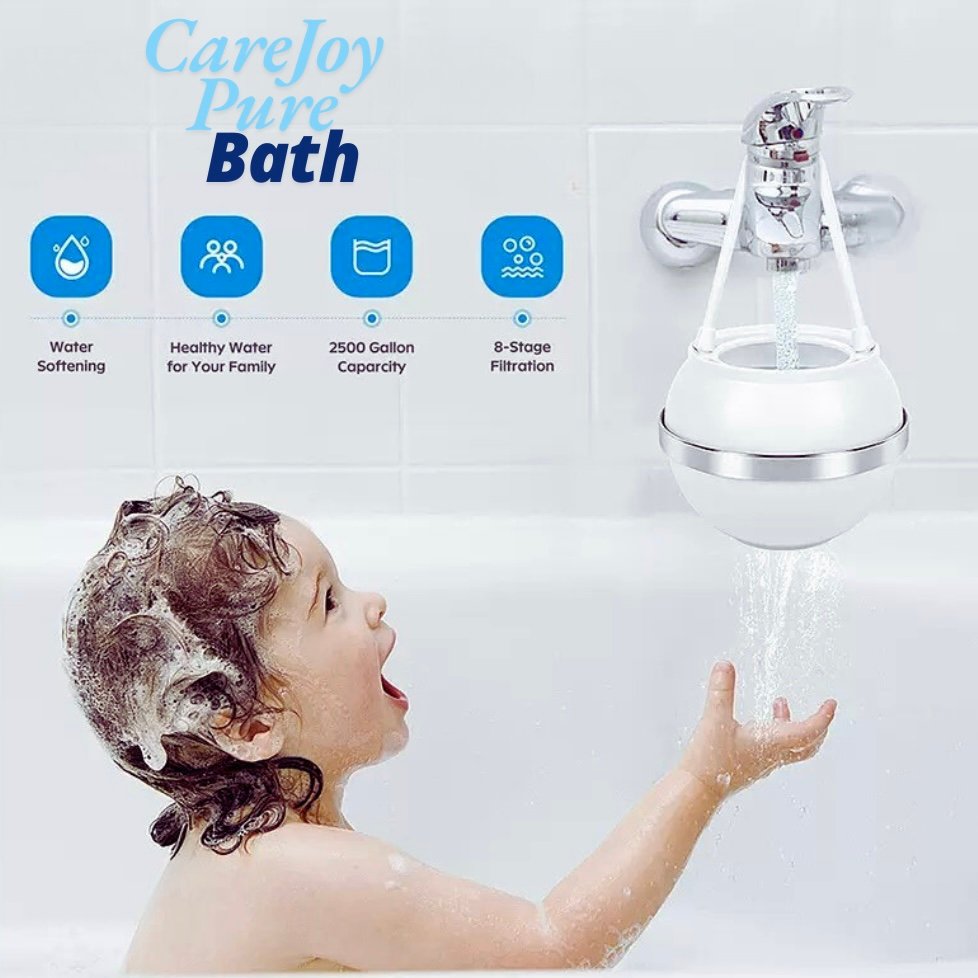Your skin’s health could be significantly impacted by the quality of the water you use daily. Understanding which water contaminants might be affecting your skin can help you make better choices about water filtration and skincare.
Water impurities, including chemicals and minerals, often lead to a range of skin issues. Whether through consumption or direct contact, your skin may react negatively to certain elements in your water supply, prompting the need for effective solutions.
1. Chlorine
Chlorine is a common chemical used to disinfect water supplies but can be a source of skin irritation. Exposure can cause symptoms such as redness, itchiness, and dryness due to chlorine stripping away natural oils.
Prevention Tips:
- Take a shower before and after swimming to reduce chlorine exposure.
- Use a gentle moisturizer to replenish your skin’s moisture barrier.
- Consider chlorine-neutralizing body wash or shampoo.
Learn More: Centers for Disease Control and Prevention (CDC) on Chlorine
2. Chloramine
Chloramine, an alternative to chlorine in water treatment, can also lead to skin irritation, especially in swimming pools where it forms through reactions with organic matter.
Prevention Tips:
- Shower promptly after swimming.
- Use hypoallergenic moisturizers.
- Ensure proper pool ventilation.
Learn More: Environmental Protection Agency (EPA) on Chloramines
3. Fluoride
Fluoride is added to drinking water to reduce tooth decay but can cause skin irritation in sensitive individuals. High fluoride levels may result in breakouts or rashes.
Prevention Tips:
- Consider using filters designed to remove fluoride.
Learn More: American Dental Association (ADA) on Fluoride
4. Lead
Lead is a heavy metal found in contaminated water due to aging infrastructure. Contact with lead-contaminated water can lead to dryness and irritation.
Prevention Tips:
- Regularly test your water for lead levels.
- Use water filters to reduce lead exposure.
Learn More: CDC on Lead in Drinking Water
5. Mercury
Mercury poses significant risks to skin health and can be absorbed through direct contact. It is often found in some skin-lightening products.
Prevention Tips:
- Monitor and minimize exposure to mercury in personal care products.
Learn More: World Health Organization (WHO) on Mercury
6. Pesticides
Pesticides from agricultural runoff can irritate the skin, leading to conditions such as rashes or dermatitis.
Prevention Tips:
- Minimize contact with potentially contaminated water.
- Cleanse the skin thoroughly after exposure.
Learn More: Environmental Protection Agency (EPA) on Pesticides
Understanding Water Contaminants
Water contaminants originate from various sources and can significantly affect your skin in multiple ways. Regularly monitoring the quality of your water is essential.
Effects on Skin Health
Exposure to water contaminants can result in multiple adverse health effects, necessitating proactive measures to protect your skin.
Reducing Skin Irritation
To protect your skin from water contaminants, focus on effective filtration systems and gentle skincare practices.
Effective Filtration Methods
- Install high-quality water filtration systems that target specific impurities.
- Use activated carbon filters or reverse osmosis systems.
Skincare Tips for Sensitive Skin
- Select fragrance-free and gentle skincare products formulated for sensitive skin.
- Use lukewarm water for bathing and apply a rich moisturizer right after.
Learn More: American Academy of Dermatology on Skin Care
By recognizing the risks associated with these water contaminants and taking preventive steps, you can significantly enhance your skin’s health and overall wellbeing.

